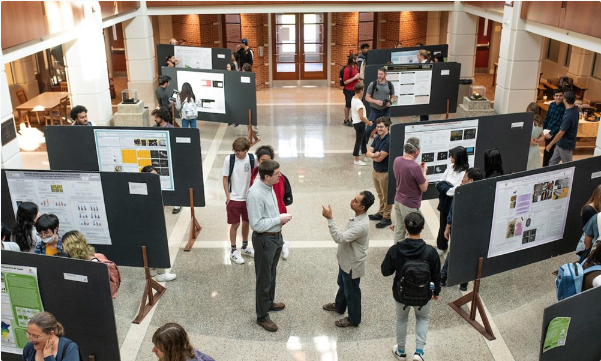Document Type
Poster
Publication Date
Fall 10-2020
Abstract
The widespread adoption of smartphones that allow us to work, engage with friends and family, and pursue leisure activities has been associated with the emergence of pathological smartphone use wherein individuals experience anxiety and depressive symptoms when separated from their devices and may be more likely to engage in risky behavior while using their phone. Consistent with the broader literature on behavioral addictions, smartphone pathology is associated with increased depressive symptoms and decreased self-control. The current study builds upon a foundation of evidence from studies of pathological technology use including video games, the Internet, and social media to explore the association between the neural correlates of reward processing and smartphone pathology, depressive symptoms, and self-control. Our findings reveal that greater levels of smartphone pathology are associated with decreased neural activity related to the processing of both gains and losses when the individual is the agent of choice in a simple gambling task. Additionally, we replicate the association between depressive symptoms, self-control and smartphone pathology; and further demonstrate that reward processing represents a unique predictor of pathology beyond any shared association with depressive symptoms and self-control.
Recommended Citation
Dapore, Ashley; West, Robert; Ash, Carl; Kirby, Bridget; Malley, Kaitlyn; and Zhu, Shasha, "Predictors of Pathology Smartphone Use: Reward Processing, Depressive Symptoms, and Self-Control" (2020). Annual Student Research Poster Session. 47, Scholarly and Creative Work from DePauw University.
https://scholarship.depauw.edu/srfposters/47



Comments
Ashley Dapore (Presenting); Robert West, PhD; Carl Ash; Bridget Kirby; Kaitlyn Malley; Shasha Zhu
Department of Psychology and Neuroscience, DePauw University, Greencastle, IN
Supported by: Elizabeth P. Allen Professorship